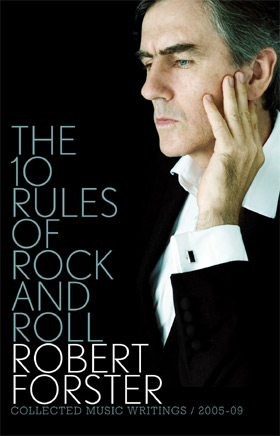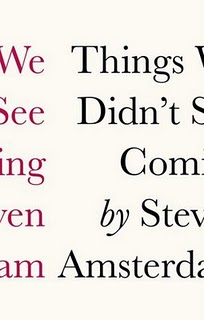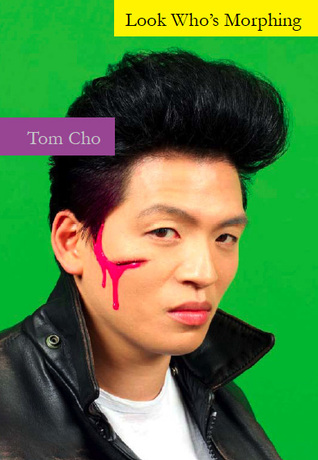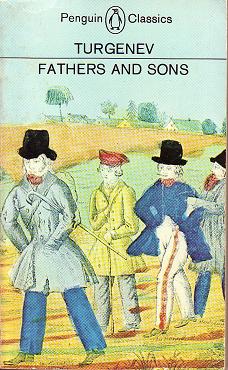For once, I found something worth reading at the Preston Library. Increasingly urked about “The Spare Room” by Helen Garner being only available in hardback – jeez it’s been over a year now, stop milking the bucks PLEASE, I succumbed to borrowing it. Plus, Oliver Sacks “Musicophilia” was lying around and I figured what the heck.
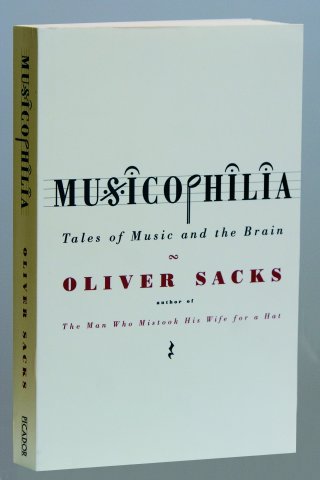
Musicophilia, which I am amazed to say I read through without any skipping, was mostly observations about people who’d turned up in Sacks’ Neurological Clinic, and the weird and wonderful ways they experienced music. It talked about people who were pitch perfect that had lost this ability after traumatic head injury, and about music’s ability to coax speech or even movement out of people who’d had strokes, brain surgery or Parkinsons Disease. There were so many odd annecdotes that expressed a lifetime of analysis in this field, that it risked becoming dull, but the writing was lively. The man has met a lot of oddballs in his work, and doubtless been inspired by many of them (enough to write a novel about them even) – see “The Man who Mistook his Wife for a Hat” for example. 3.5 stars.
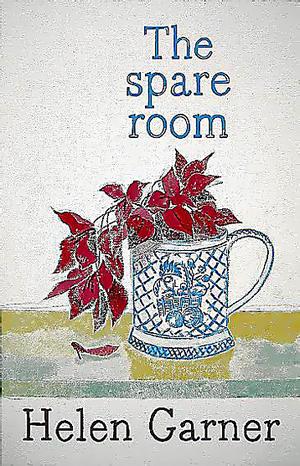
I had read WAY too many reviews of the The Spare Room to ever give this novel a serious chance at a 5 star review. From the very beginning I felt I knew the plot, the martyrdom, and the stubborn zest for life that is Garner, and I ended up thinking that my mother would act exactly the same, but without the same old-hippy stylings. I just love how she’s completely unafraid to say that at times she despised caring for her old ailing friend. And even if Text Publishing are able to gushily announce it as “her first novel in 15 years”, I KNOW this in an autobiographical story, so you might as well just call it non-fiction. Hey, maybe they changed a few names and suburbs around. Short, unsentimental, brimming with judgement and anger, it’s still a great book. 4 stars.
